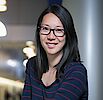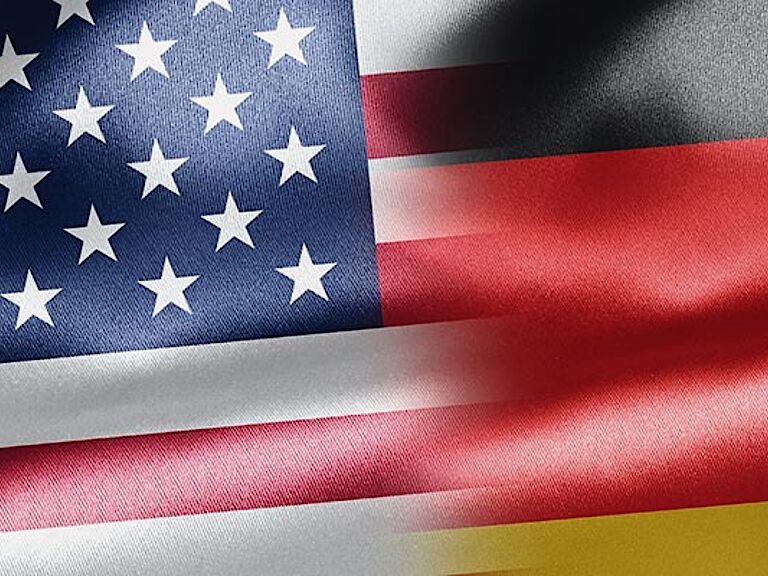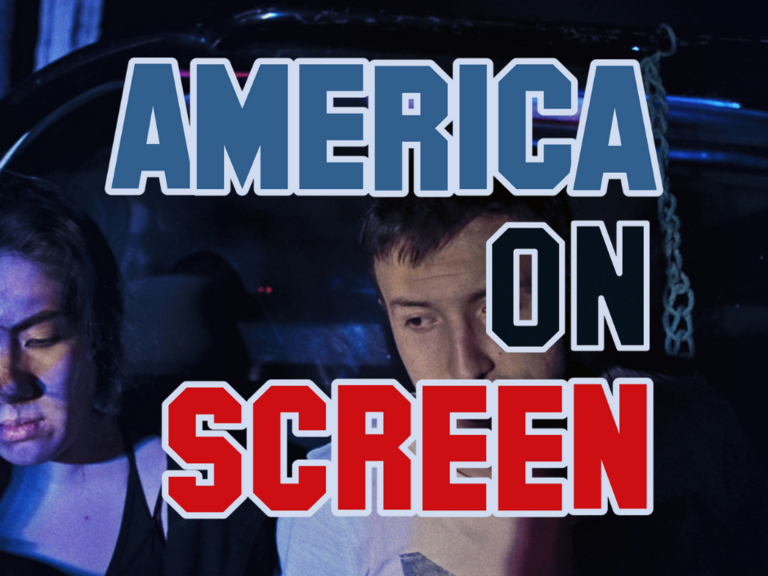AUSGEBUCHT! Online-Talk: What is to be done? The possibilities of left politics in post-Trump, post-Coronavirus USA
Event number:
20-042
Date:
Monday, June 29, 6pm - 8pm
Location:
Online via Click Meeting.
Cooperation partner:
Friedensakademie Rheinland-Pfalz
Language:
The event will be held in English.
Registration:
The event is fully booked.
Description:
The event is part of the series "Landau Peace Lectures".
Since the election of president Donald Trump in 2016, political scientists and commentators alike have noted the rise of the new political activist - a newly energized Democratic activist that largely operates outside of existing Democratic party structures to influence federal, state and local politics. While many of these organizations are associated with “suburban middle class, non-ideological women' as observed by political scientist Theda Skocpol, Prof. Kang argues that there has been a surge in more ideological, explicitly left socialist political activism since the Trump election, namely through growing organizations such as the Democratic Socialists of America (which grew from 5000 to 60,000 members between 2016 and 2020) and similar explicitly left progressive political groups.
While these left groups sometimes work in coalition with the “Indivisible” and “Resistance” types groups, other times, such as the recent Democratic presidential primary, these groups have been at odds with each other. In many ways, the recent Democratic primary, which closed as the COVID-19 crisis emerged in the United States, reflects a fracturing and failure of the new political actors to unite against a non-conventional Democratic nominee. Yet the great irony remains that Americans plunged into its mass suffering under the pandemic at the moment when Bernie Sanders, the candidate whose policies had the most popular support and would have best alleviated the suffering, lost his lead as Democratic party leadership coalesced around Joe Biden.
In this talk, Prof. Kang will discuss how her experiences in the New York City Chapter of the Democratic Socialists of America, the largest chapter for the DSA, one with one of the most visible electoral successes, demonstrates the possibilities and current shortcomings of creating a broad coalition of support for explicitly left, redistributive politics in the United States, through the use of issue campaigns, electoral efforts, and coalition building. She will discuss how a number of conditions, including the role of existing Democratic Party institutions and 'business as usual' political practices between incumbent elected officials and local leadership create challenges and possibilities for DSA activists. The NYC DSA has gained notoriety for its role in stopping the public subsidies for Amazon, influencing debates around public utilities, providing support for broader criminal justice reform, and key electoral victories.
Text by Prof. Susan Kang
Speakers
Susan Kang

Photo (c) Susan Kang
is an associate professor of political science at John Jay College of Criminal Justice. She received her PhD at the University of Minnesota in political science. Her research and teaching interests include human rights, especially economic and social rights, international law, and the global political economy. Her research and teaching interest focus on the intersection of international political economy, international human rights, economic and social rights, labor unions and social movements. Her book, Human Rights and Labor Solidarity: Trade Unions and the Global Economy was published by the University of Pennsylvania Press in 2012.
In addition to peer reviewed articles, an edited volume, and several book chapters, Prof. Kang has also become active in state and local politics in New York City since 2017, serving in leadership positions in the NYC chapter of the Democratic Socialists of America and co-founding a state politics focused organization, NoIDCNY. Prof. Kang was named to the City and State 2018 Power Watch List and appears regularly on NYC based media outlets discussing progressive politics, democratic primaries, and state politics.








